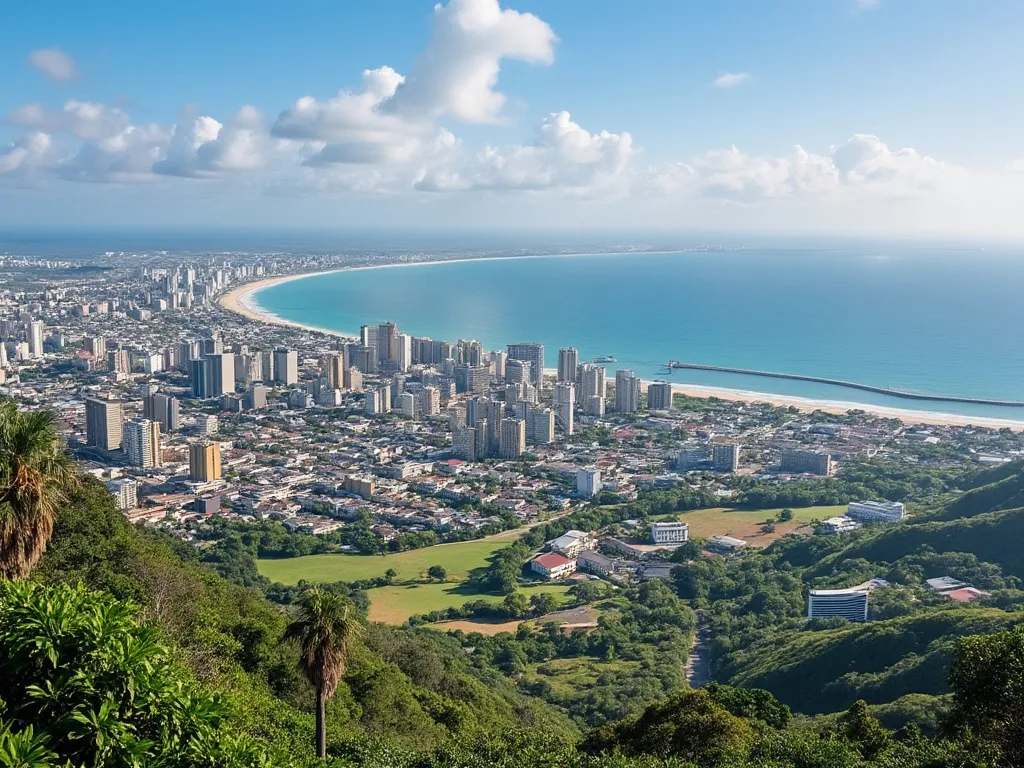
Luanda is the capital and largest city of Angola, a southern African country. Luanda is a vibrant and bustling metropolis located on the Atlantic coast of Africa. With a rich history dating back to the 16th century, Luanda has evolved into a thriving economic and cultural hub, boasting a unique blend of Portuguese colonial architecture, African traditions, and modern infrastructure.
Luanda information
| Country | 🇦🇴 Angola |
| City Population | approximately 5 million |
| City Coordinates | 8.8167° S, 13.2333° E |
| City Area | 116 km² (45 sq mi) |
| Climate | Tropical savanna climate |
| Language | Portuguese (official), Kimbundu, Umbundu |
| Currency | Angolan kwanza (AOA) |
| Time zone | West Africa Time (WAT) (UTC+1) |
| Proximity to other major cities | Namibe (470 km / 292 mi), Benguela (450 km / 280 mi), Huambo (600 km / 373 mi) |
Interesting facts about Luanda
- Luanda is one of the most expensive cities in the world, due to the high cost of living and limited availability of goods and services.
- The city is home to the Fortaleza de São Miguel, a historic fortress built by the Portuguese in the 16th century.
- Luanda has a vibrant music scene, with a unique blend of traditional African rhythms and modern styles.
Tourist attractions in Luanda
- The National Museum of Slavery, showcasing the history of the transatlantic slave trade.
- The Luanda Cathedral, a stunning example of Portuguese colonial architecture.
- The Ilha do Cabo, a picturesque island located off the coast of Luanda, offering stunning views of the city.
Historical Background of Luanda
Founded in 1576 by Portuguese explorer Paulo Dias de Novais, Luanda was initially a small trading post. Over time, the city grew in importance, becoming a major center for the transatlantic slave trade. In the 19th century, Luanda underwent significant urban development, with the construction of roads, bridges, and public buildings. Following Angola's independence from Portugal in 1975, Luanda continued to grow, with a focus on modernization and economic development.
Geographical Location of Luanda
Luanda is situated on the coast of Angola, overlooking the Atlantic Ocean. The city is nestled on a series of hills, with the Luanda Bay to the west and the Kwanza River to the east. The city's geography has played a significant role in its development, with the port of Luanda serving as a major hub for trade and commerce.
Cultural Significance of Luanda
Luanda is a city with a rich cultural heritage, reflecting the influences of African, Portuguese, and Brazilian traditions. The city is home to numerous museums, galleries, and cultural centers, showcasing the country's history, art, and music. The Luanda Carnival, held annually in February or March, is a major cultural event, featuring parades, music, and dance performances.
Economic Importance of Luanda
Luanda is the economic heart of Angola, accounting for a significant portion of the country's GDP. The city is a major center for the oil and gas industry, with many international companies operating in the area. Additionally, Luanda is a hub for trade and commerce, with the port of Luanda serving as a key entry point for goods and cargo.
Conclusion on Luanda
In conclusion, Luanda is a city with a rich history, vibrant culture, and significant economic importance. From its stunning colonial architecture to its modern infrastructure, Luanda is a city that offers something for everyone. Whether you're interested in history, culture, or simply want to experience the unique energy of this African metropolis, Luanda is a destination that is sure to leave a lasting impression.
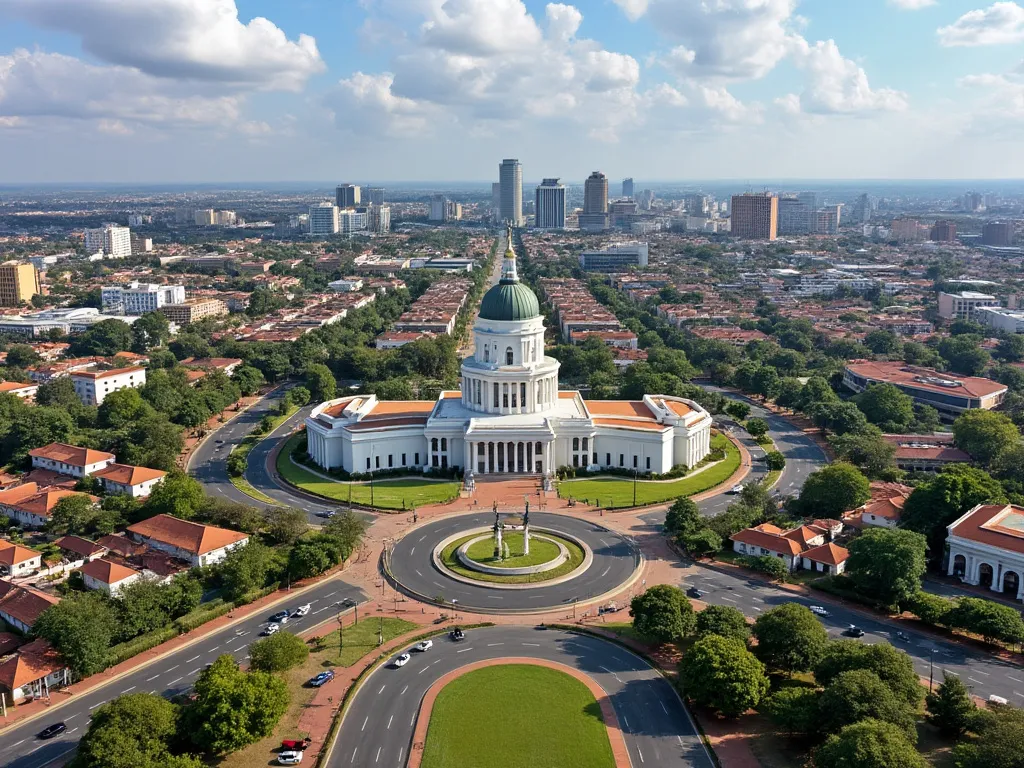 Lusaka
Lusaka
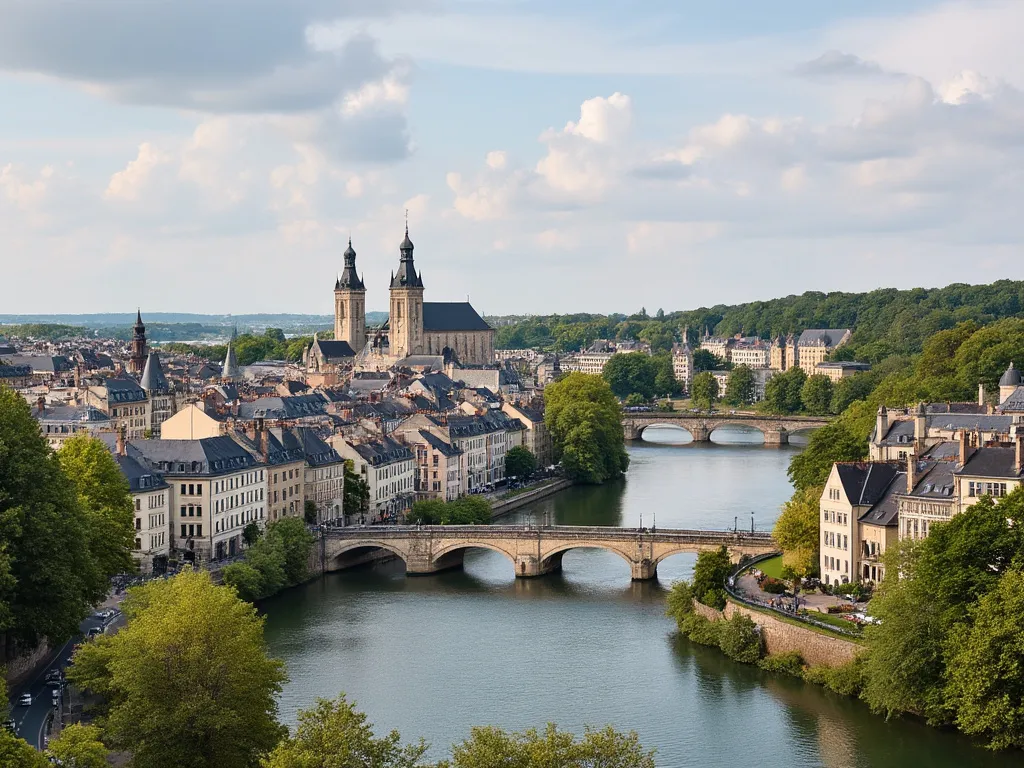 Luxembourg
Luxembourg
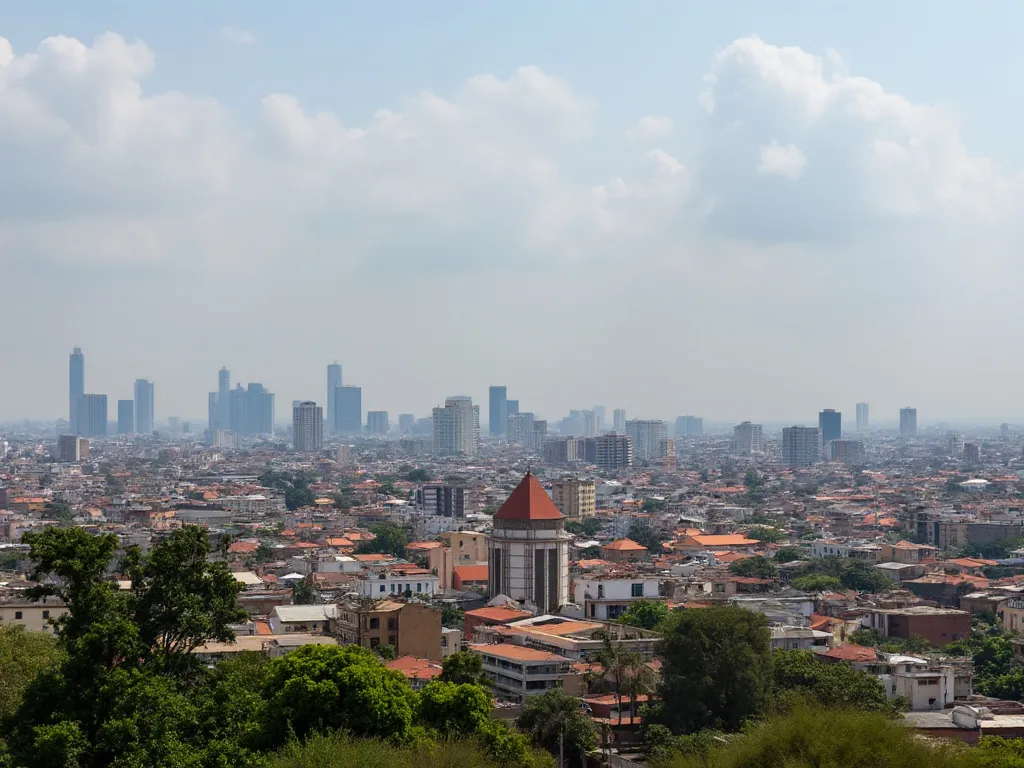 Lomé
Lomé
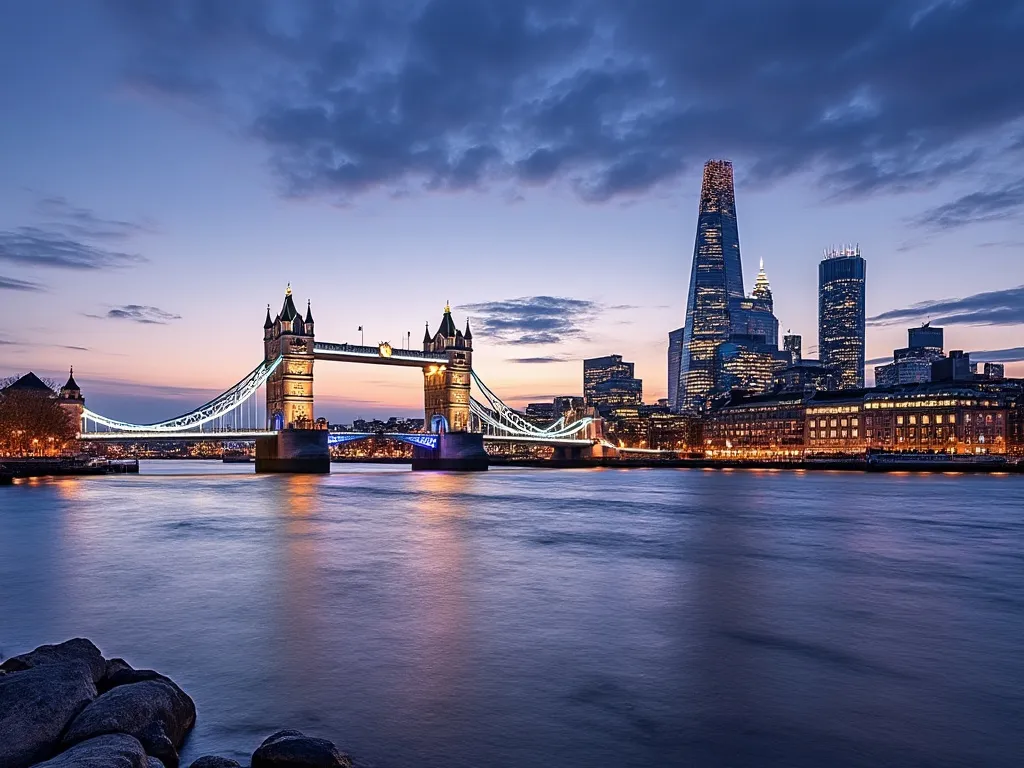 London
London